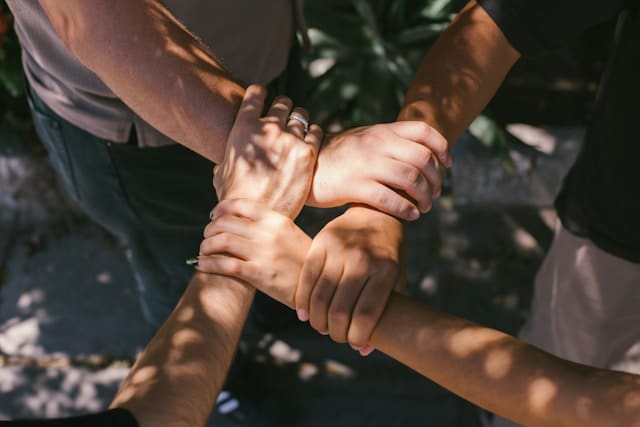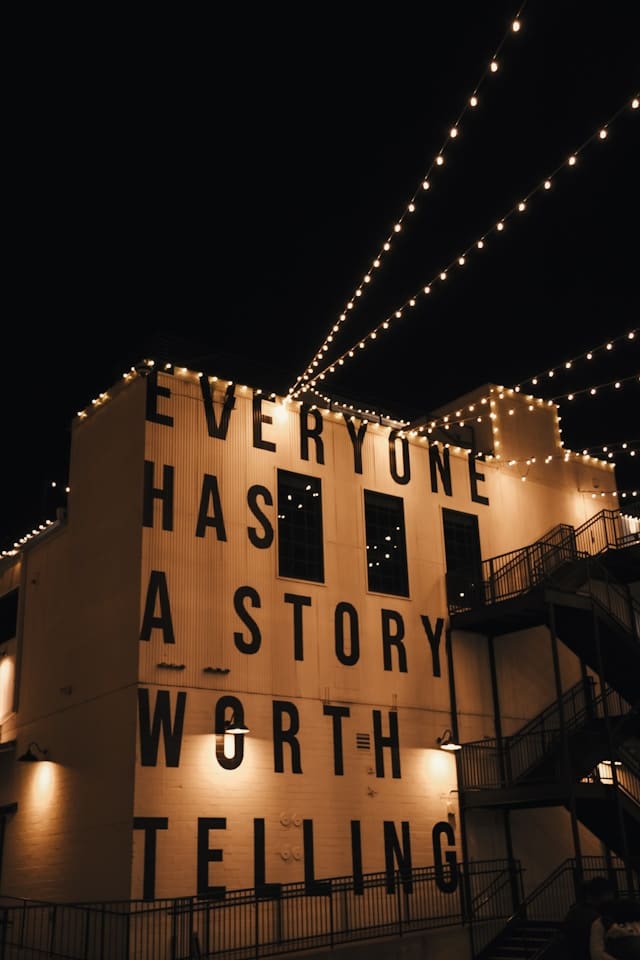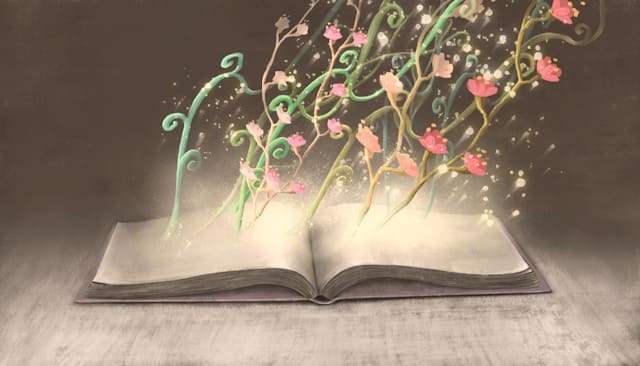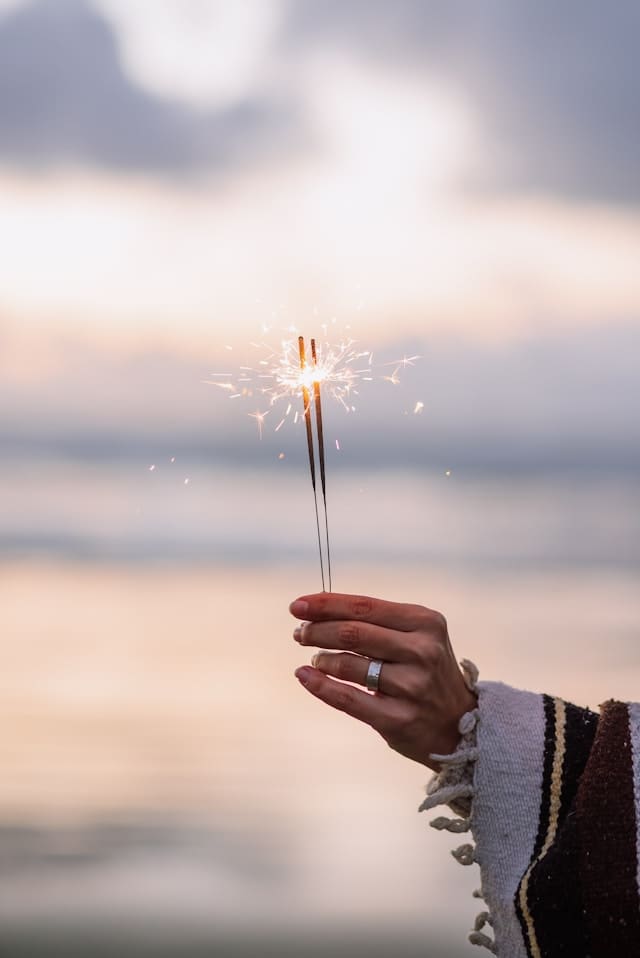(and What We Can Do About It)
By Dr. Femke E. Bakker
(Part 2 of a 4-Part Series on Finding Ease in Political Differences)
This is the second of a four-part series on Finding Ease in Political Differences. Over the next few weeks, I’ll be sharing thoughts on how to navigate polarization, stay grounded in difficult conversations, and empower yourself to hold your own voice with confidence. Each piece will include reflections, tools, and meditative practices to support you on this path.
Before we begin, a gentle reassurance: These articles are not about politics, and they are not here to tell you what to think or believe. You will never be asked to agree with, excuse, or accept harmful words or actions. Instead, these writings are here for you, to help you find steadiness in uncertain times, to support your own values without being consumed by division, and to nurture your desire for connection, love, and inner peace.
If you’ve been feeling exhausted by the state of the world, I hope this series brings even a small sense of relief.
Why Political Tolerance Feels So Hard (& What We Can Do About It)
Politics is supposed to be about how we live together, how we create a society that works for everyone. But in reality, it often feels like a battlefield, one where our very identity is at stake. Why is it so hard to stay open, even when we want to be tolerant? And why do political differences feel so personal?
Let’s take a closer look at why political tolerance can feel like an uphill battle, and what we can do to cultivate more ease within ourselves.
The Hidden Challenge of Political Tolerance
Most people, when asked, believe they are tolerant. They say they support free speech, democratic rights, and the idea that people should be allowed to hold different opinions. But research shows that while many of us think we value tolerance, we struggle when faced with actual people whose beliefs challenge our own.
This happens because political differences aren’t just about abstract ideas. They are deeply tied to our sense of self, our values, and even our survival instincts. Studies in political psychology reveal that when we encounter views that contradict our own, our brains react as if we are under threat. The amygdala, the part of the brain responsible for our fight-or-flight response, becomes activated. We feel attacked, even if no one is actually attacking us.
In other words, our inability to tolerate political differences isn’t necessarily a sign of close-mindedness. It’s a natural human reaction. But just because it’s natural doesn’t mean we have to be stuck in it.
Why We React So Strongly to Political Differences
- We tie politics to identity. Many of us don’t just hold political beliefs, we are our political beliefs. We see them as reflections of our values, our morality, and even our intelligence. So when someone challenges those beliefs, it can feel like they are challenging us.
- We seek belonging. Humans are wired for connection. We want to feel part of a group, and political beliefs often serve as markers of who is “one of us” and who isn’t. Encountering someone with radically different views can feel like an emotional rejection, even if that’s not their intention.
- We experience cognitive dissonance. If someone presents a compelling argument that contradicts what we believe, it creates discomfort. Our brains prefer consistency, so instead of reconsidering our stance, we often dismiss the other person as misinformed, irrational, or even dangerous.
The Power of Shifting Perspective
The good news is that tolerance – real, deep, and embodied tolerance – is a skill we can cultivate. It begins with recognizing that our initial reactions to political differences are not truths, but conditioned responses. And like any conditioned response, they can be unlearned.
One of the most powerful tools for doing this is meditation. Specifically, Metta (loving-kindness) meditation has been shown to reduce bias and increase feelings of connection, even toward people we strongly disagree with. This isn’t about forcing ourselves to like everyone or approve of harmful actions. It’s about learning to see others not as threats, but as fellow human beings who, at their core, want the same things we do: happiness, security, and a sense of belonging.
A Simple Practice to Expand Tolerance
If political differences trigger you, here’s a small practice to help create more space between your reaction and your response:
- Pause and notice. The next time you feel a surge of frustration or anger at a political opinion, stop for a moment. Notice what’s happening in your body. Are your shoulders tense? Is your heart rate increasing? Simply acknowledging the reaction helps to soften its grip.
- Breathe deeply. Take a slow inhale, then exhale twice as long. This signals to your nervous system that you are safe, reducing the fight-or-flight response.
- Ask yourself: “What do I know about this person beyond their political stance?” If you don’t know them personally, imagine them as a full human being. Maybe they love their family. Maybe they struggle with self-doubt. Maybe, just like you, they are doing their best to make sense of the world.
This isn’t about changing your opinions or suppressing your values. It’s about freeing yourself from the exhaustion of constant conflict. When we can hold our beliefs with conviction and openness, we gain power, not over others, but over ourselves.
If you’d like to go deeper, I’ve recorded a special meditation to accompany this post—a guided practice from my live series around the 2024 U.S. elections. It’s designed to help you soften reactivity, reconnect with yourself, and find steadiness even in difficult conversations. It’s on my YouTube channel and you can find it here.
Looking Ahead
This is the second article in my four-part series on Finding Ease in Political Differences. Next week, we’ll explore how to stay grounded when polarization is all around us, and the week after, we’ll look at how to find your own voice in a divided world.
Until then, be selfgentle.
All love, Femke





